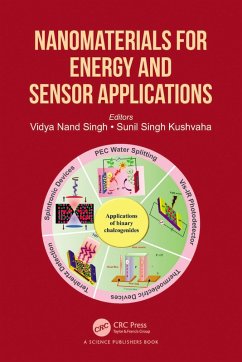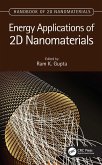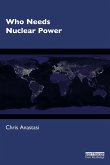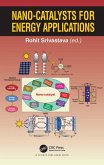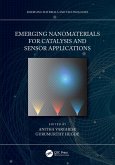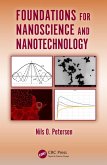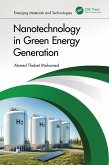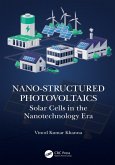Nowadays, most of the research focuses on nanomaterials in which one of the dimensions falls in the 1-100 nm range. These nanomaterials can be thin films, quantum dots, nanowires, nanopyramids, and nanoclusters. Thus, nanomaterials are impacting almost all aspects of materials for various applications in emerging energy and sensor devices. The book comprises ten chapters and discusses nanomaterial applications in energy, solar cells, water splitting, sensors, etc. The book caters to budding researchers' needs in synthesizing nanomaterials and post-graduate students.
Dieser Download kann aus rechtlichen Gründen nur mit Rechnungsadresse in A, B, BG, CY, CZ, D, DK, EW, E, FIN, F, GR, HR, H, IRL, I, LT, L, LR, M, NL, PL, P, R, S, SLO, SK ausgeliefert werden.

